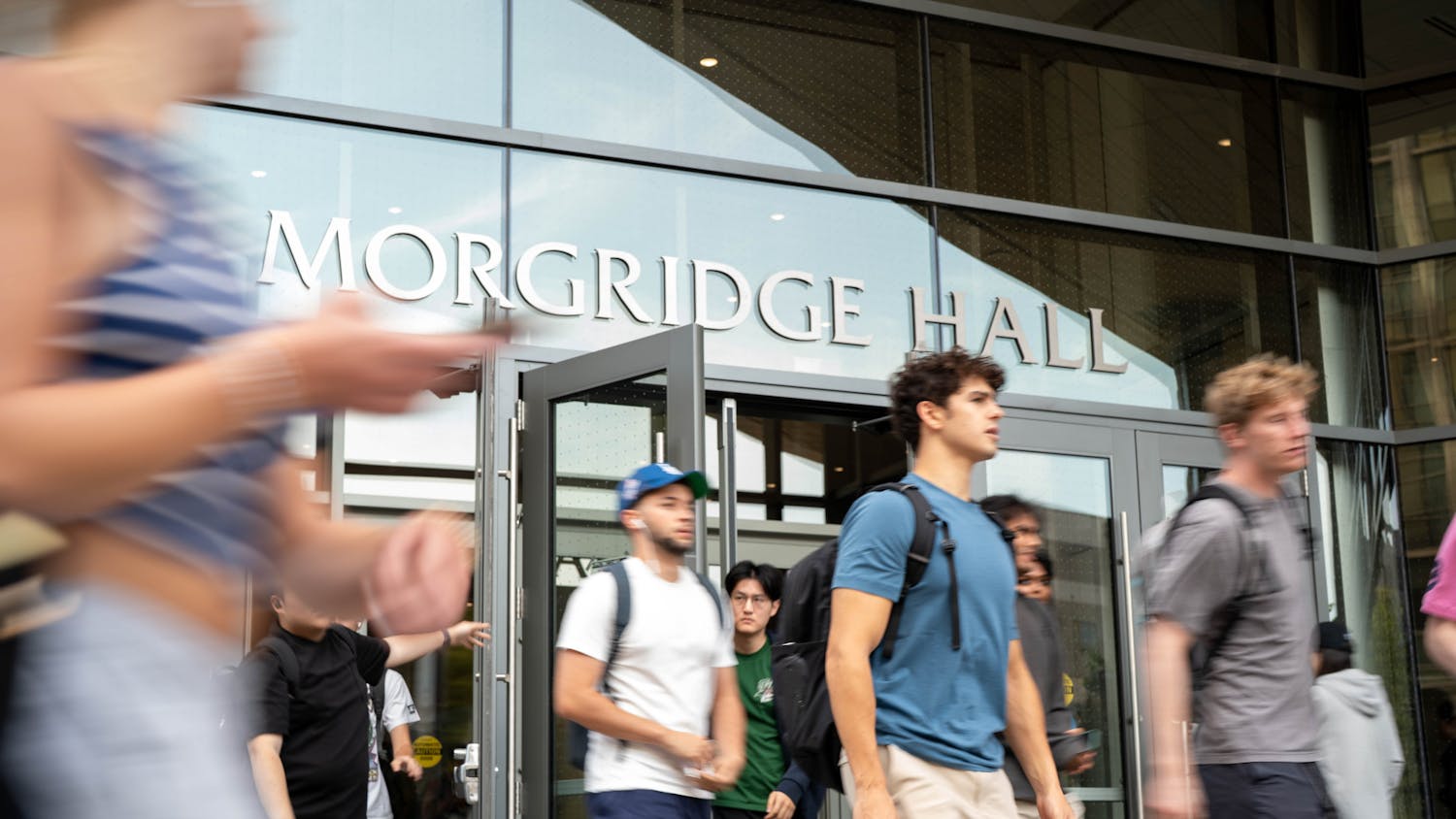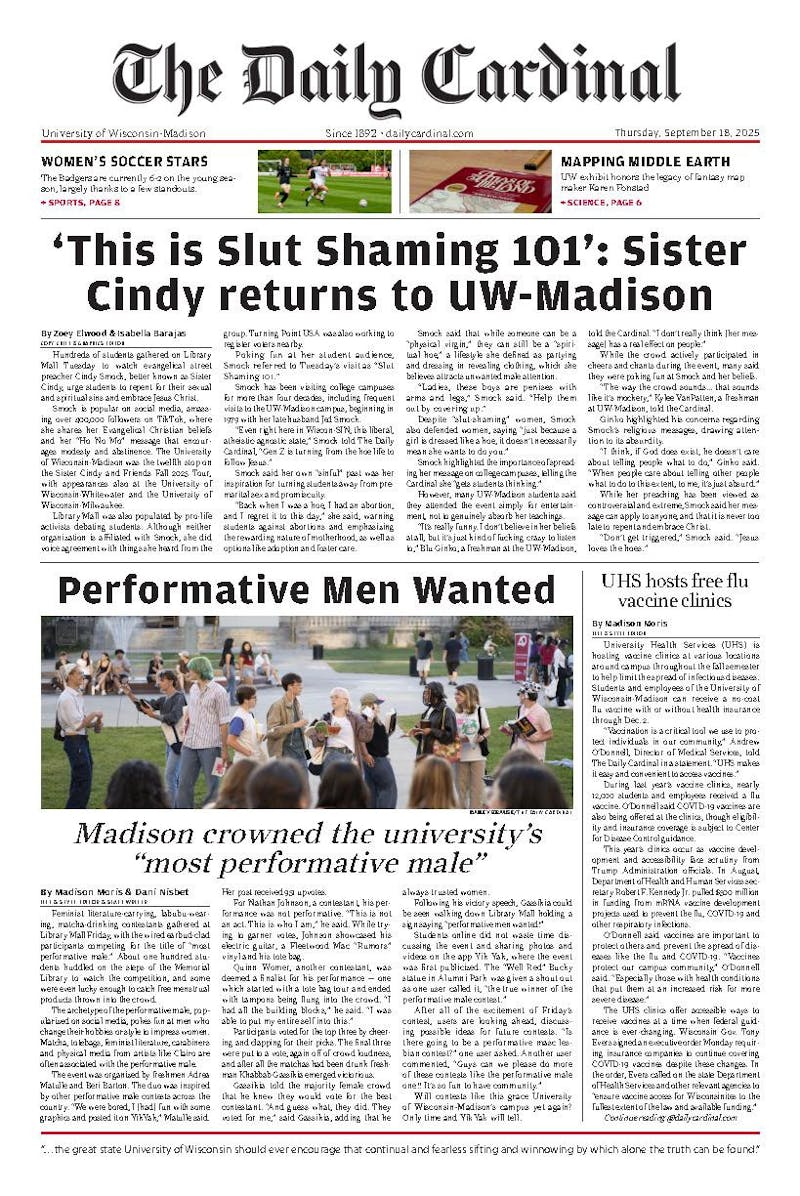The U.S. Patent and Trademark Office summarily rejected three of five stem cell patents last week that the Wisconsin Alumni Research Foundation has held since 1998, after two watchdog groups accused WARF of patenting ""elementary"" stem cell propagation techniques.
UW-Madison stem cell scientist James Thomson and his team were the first scientists to isolate human embryonic stem cells in a lab, and these discoveries were the propagation techniques patented by WARF.
The Public Patent Foundation and the Foundation for Taxpayer and Consumer Rights both claimed the techniques were ""obvious,"" and the U.S. Patent and Trademark Office decided to review the patent holdings in fall 2006.
While the office rejected three of the patents, they are still considered valid and WARF Director Carl Gulbrandsen said the process of re-examination is not yet complete.
""This is just the first office action in the re-examination,"" Gulbrandsen said Sunday evening. ""We haven't really filed anything with the Patent Office yet, so they haven't seen our arguments yet.""
According to a Wisconsin Technology Network article, WARF can argue with the patent examiner for re-reviews and currently has two months to file its arguments against the office's rejections of the three patents.
""We are very confident that the patents are good patents and that ultimately we'll prevail in this,"" Gulbrandsen said.
WARF has come under fire in the past for its high licensing fees, which institutions had to pay to use its patented stem cell propagation techniques. The Foundation recently announced its intention to decrease the fees for research institutions and non-profit research organizations. However, private corporations must still pay the same licensing fees.





